If you're like most people, you probably take for granted that the water coming out of your bathroom sink is safe to drink. After all, it's the same water you use to brush your teeth and wash your face. But is it really safe to consume? In this article, we'll explore the topic of bathroom sink water safety and provide you with the information you need to make an informed decision.Water Quality: Is Your Bathroom Sink Water Safe to Drink?
The short answer is, it depends. The safety of your bathroom sink water can vary depending on a number of factors, including your location, the condition of your plumbing, and the source of your water. Let's take a closer look at these factors and how they can affect the quality of your bathroom sink water.Is Your Bathroom Sink Water Safe to Drink? Here's What You Need to Know
There are a few key indicators that can help you determine if your bathroom sink water is safe to drink. First, check the color and clarity of the water. Safe drinking water should be clear and colorless. If your water appears cloudy or has a strange color, it may be contaminated. Next, pay attention to the taste and smell of the water. Safe drinking water should have no taste or odor. If your water has a strong odor or unpleasant taste, it may be a sign of contamination. You can also have your water tested by a professional to get a more accurate assessment of its safety. This is especially important if you have concerns about the quality of your water or if you live in an older home with outdated plumbing.How to Tell If Your Bathroom Sink Water Is Safe to Drink
The safety of your bathroom sink water is largely determined by its source. If your water comes from a municipal water supply, it is likely treated and monitored for safety. However, if you have a private well, the responsibility falls on you to ensure the safety of your water. Private wells are not regulated by the government, so it's important to have your water tested regularly to ensure it is safe to drink. In addition to the source of your water, the condition of your plumbing can also affect its safety. Old or corroded pipes can leach harmful substances into your water, making it unsafe to drink. It's important to regularly inspect and maintain your plumbing to prevent any potential contamination.Understanding the Safety of Your Bathroom Sink Water
If you have concerns about the safety of your bathroom sink water, there are a few steps you can take to ensure it is safe to drink. First, have your water tested by a professional. They will be able to identify any potential contaminants and recommend the appropriate treatment methods. You can also install a water filtration system to remove any impurities from your water. There are many different types of filtration systems available, so be sure to do your research and choose one that is best suited for your needs.Is Your Bathroom Sink Water Safe to Drink? Tips for Testing and Treatment
In addition to regular testing and treatment, there are a few other things you can do to ensure the safety of your bathroom sink water. First, make sure to run your tap for a few minutes before using the water for drinking or cooking. This helps to flush out any stagnant water that may have been sitting in your pipes. You can also use a separate container, such as a pitcher or water bottle, to collect water from your bathroom sink for drinking. This can help to minimize any potential contaminants that may be present in your plumbing.Ensuring Safe Drinking Water from Your Bathroom Sink
It's important to note that even if your bathroom sink water is safe to drink, it may not be the best option for daily consumption. This is because the water in your bathroom sink is often warmer and more prone to bacterial growth than the water in your kitchen sink. It's always a good idea to have a separate source of drinking water that is regularly monitored and treated for safety. Additionally, if you have young children or pets in your home, it's important to take extra precautions to ensure their safety. Consider installing childproof faucet covers or keeping your bathroom door closed to prevent accidental ingestion of potentially contaminated water.What You Need to Know About the Safety of Your Bathroom Sink Water
There are many potential contaminants that can affect the safety of your bathroom sink water. Some of the most common include bacteria, lead, and chlorine. Fortunately, there are several treatment options available to remove these contaminants and ensure the safety of your water. For bacteria, a UV filter or reverse osmosis system can be effective in eliminating harmful microorganisms. Lead can be removed with a water softener or reverse osmosis system. And for chlorine, a carbon filter or reverse osmosis system can help to eliminate the strong odor and taste often associated with this chemical.Is Your Bathroom Sink Water Safe to Drink? Common Contaminants and Solutions
In conclusion, the safety of your bathroom sink water depends on a variety of factors. It's important to regularly test and treat your water to ensure its safety, and to take precautions to prevent contamination. By following these tips and taking the necessary steps, you can feel confident that the water from your bathroom sink is safe to drink.The Truth About Drinking Water from Your Bathroom Sink
If you're concerned about the quality of your bathroom sink water, there are a few things you can do to improve it. First, consider installing a water softener to reduce the amount of minerals and chemicals in your water. This can help to improve the taste and smell of your water. You can also install a filter on your bathroom sink faucet to remove any impurities. This is a quick and easy way to ensure that the water you're drinking is safe and clean. Lastly, be sure to regularly maintain your plumbing to prevent any potential contamination. This includes checking for leaks, replacing old pipes, and cleaning your faucet aerator regularly.How to Improve the Quality of Your Bathroom Sink Water for Drinking
Understanding the Safety of Your Bathroom Sink Water

Is My Bathroom Sink Water Safe to Drink?

When it comes to designing a house, one often overlooks the importance of ensuring the safety of the water in their bathroom sink. We often assume that the water coming out of our faucets is clean and safe for consumption, but this may not always be the case. In this article, we will dive into the topic of the safety of bathroom sink water and provide some insight on how you can ensure the quality of your water for drinking.
The Importance of Clean Water

Water is essential for our everyday lives and is used for various activities such as drinking, cooking, and cleaning. However, not all water is safe for consumption. In fact, according to the World Health Organization, around 2 billion people worldwide do not have access to safe drinking water. This highlights the importance of understanding the quality of the water in your home, including the water coming out of your bathroom sink.
Potential Contaminants in Bathroom Sink Water
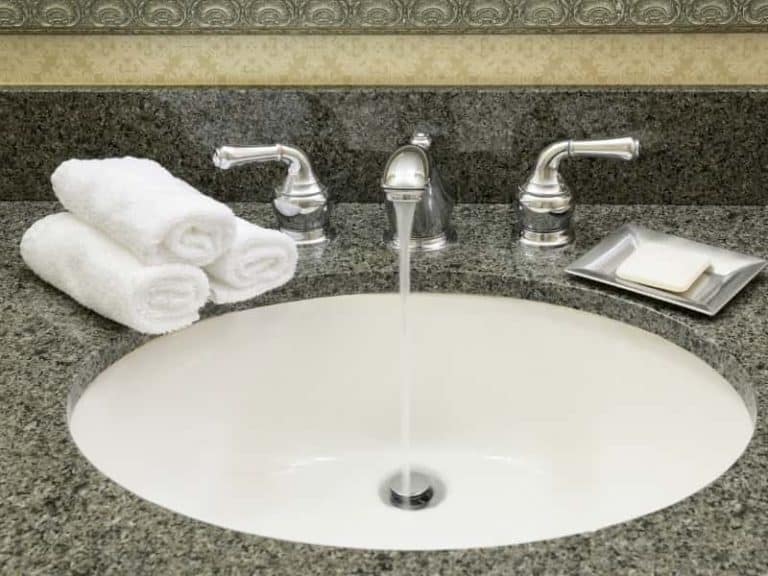
There are several potential sources of contamination in bathroom sink water. One of the main concerns is the presence of lead in older homes. Lead can seep into the water supply through old pipes and can be harmful to your health. Other contaminants that may be present in bathroom sink water include bacteria, viruses, and chemicals such as chlorine and fluoride.
Ensuring the Safety of Your Bathroom Sink Water

Thankfully, there are steps you can take to ensure that the water in your bathroom sink is safe for consumption. One option is to install a water filter specifically designed for bathroom sinks. These filters can help remove contaminants and improve the taste and odor of your water. Additionally, you can have your water tested by a professional to identify any potential issues and take necessary measures to address them.
It is important to note that the safety of your bathroom sink water also depends on the overall quality of your home's water supply. Regular maintenance of your plumbing system, including replacing old pipes, can help prevent potential contamination. It is also recommended to avoid storing any chemicals or cleaning products near your bathroom sink to prevent accidental contamination of the water supply.
In Conclusion
The safety and quality of your bathroom sink water should not be overlooked in the design of your home. By understanding potential contaminants and taking necessary precautions, you can ensure that your water is safe for drinking and other everyday activities. Remember to regularly test your water and consider installing a filter for added protection. After all, clean and safe water is essential for a healthy home and family.
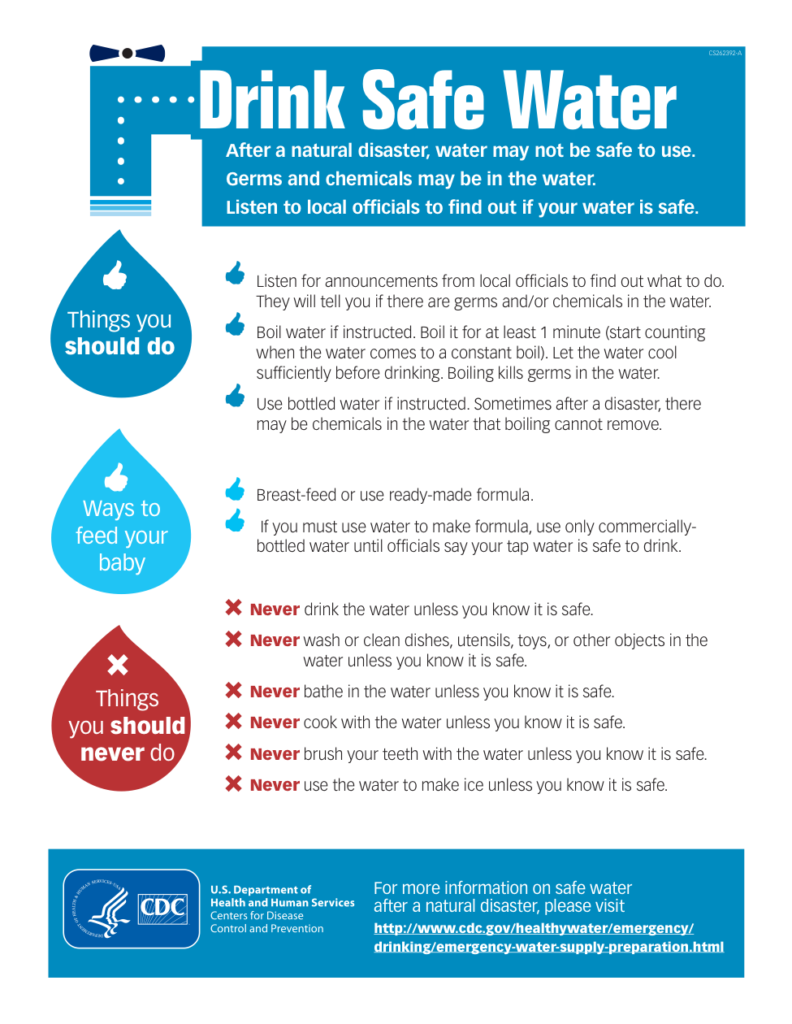


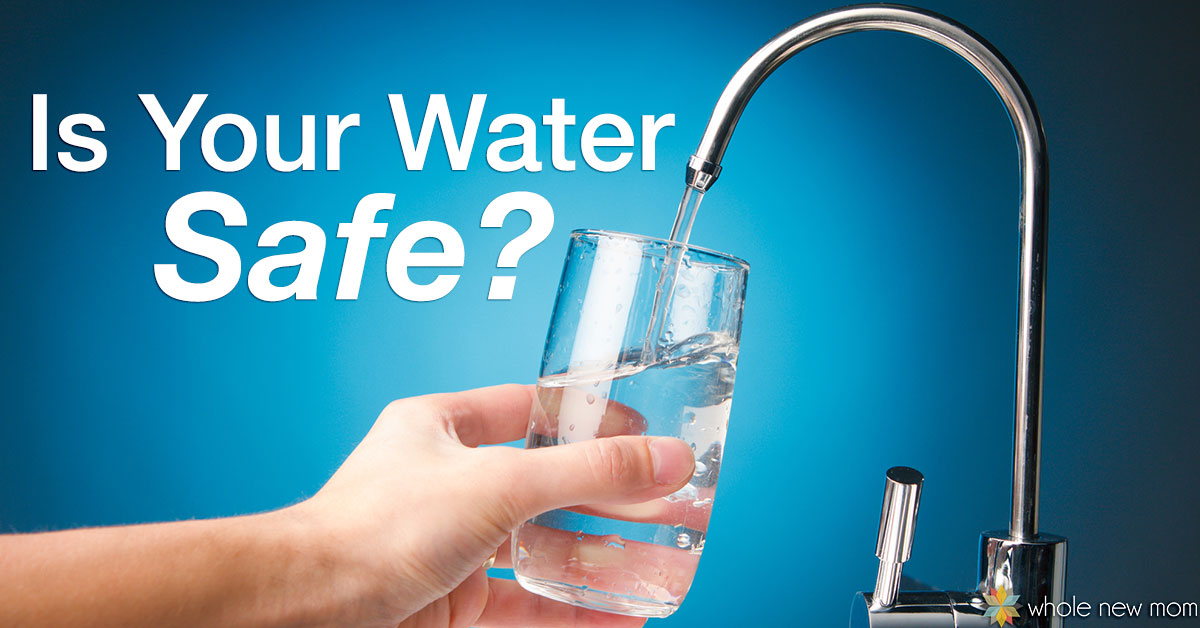

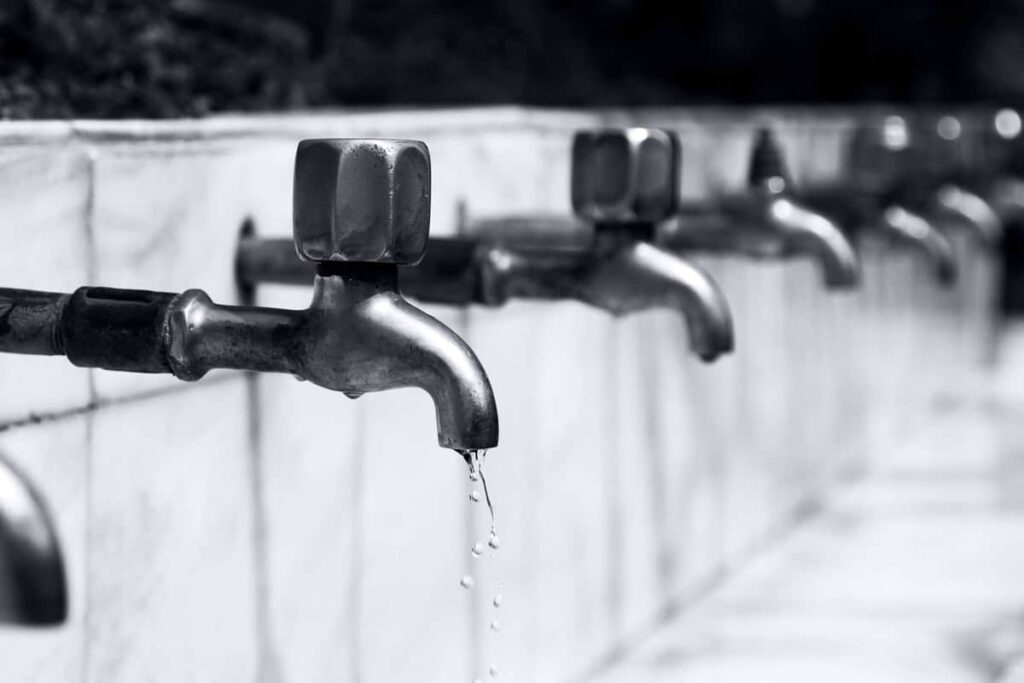


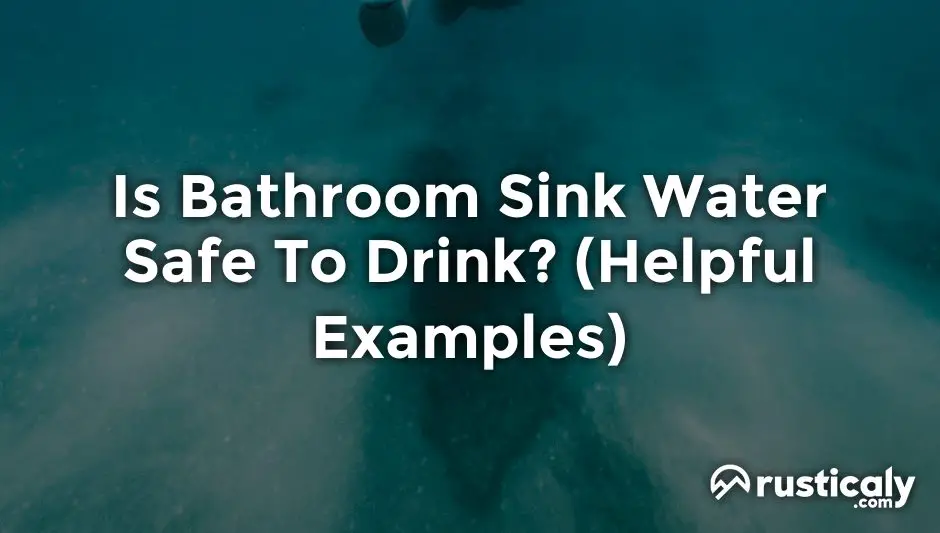

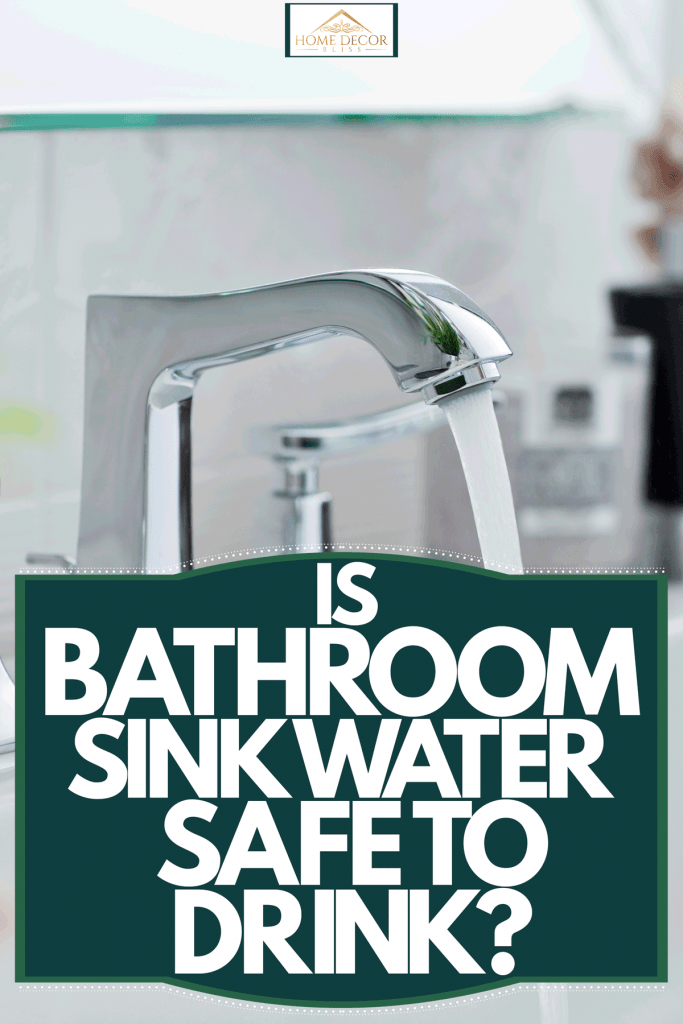

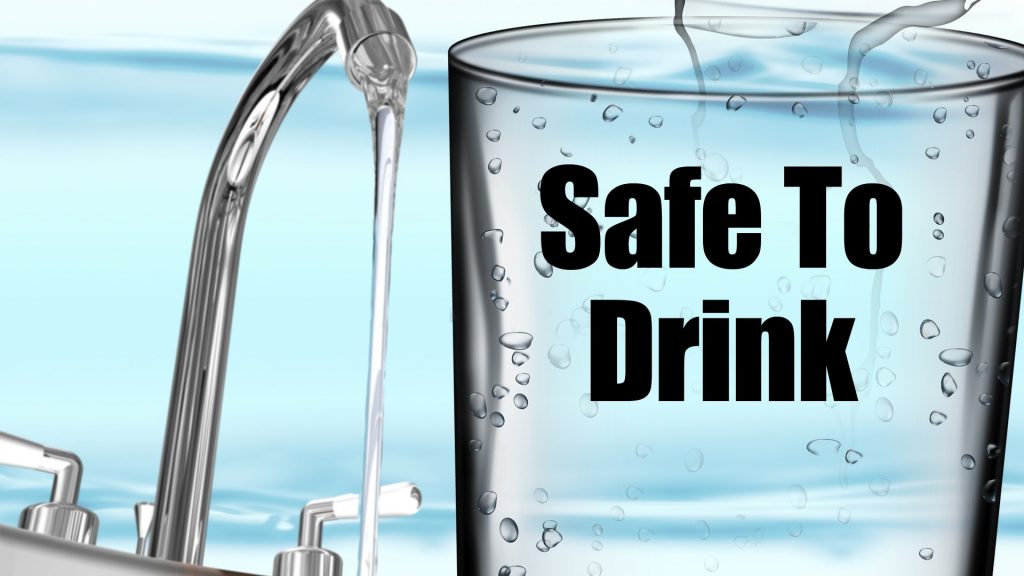

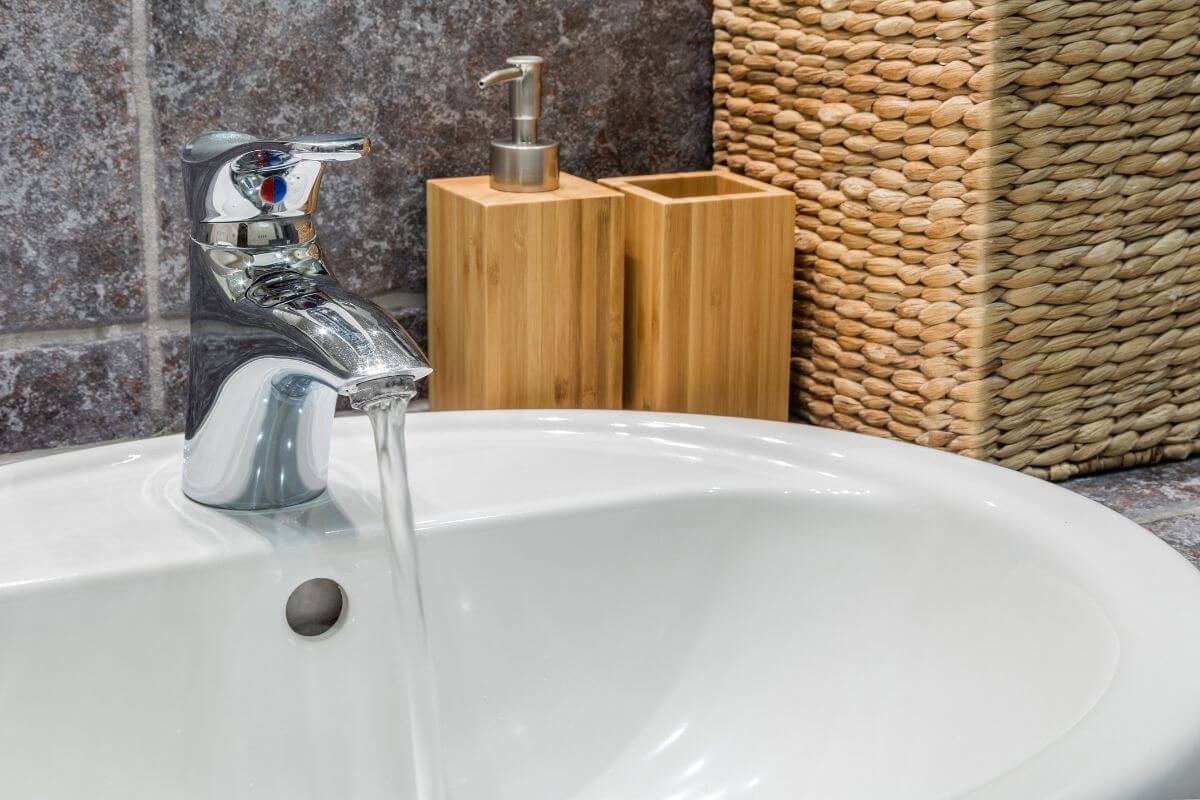

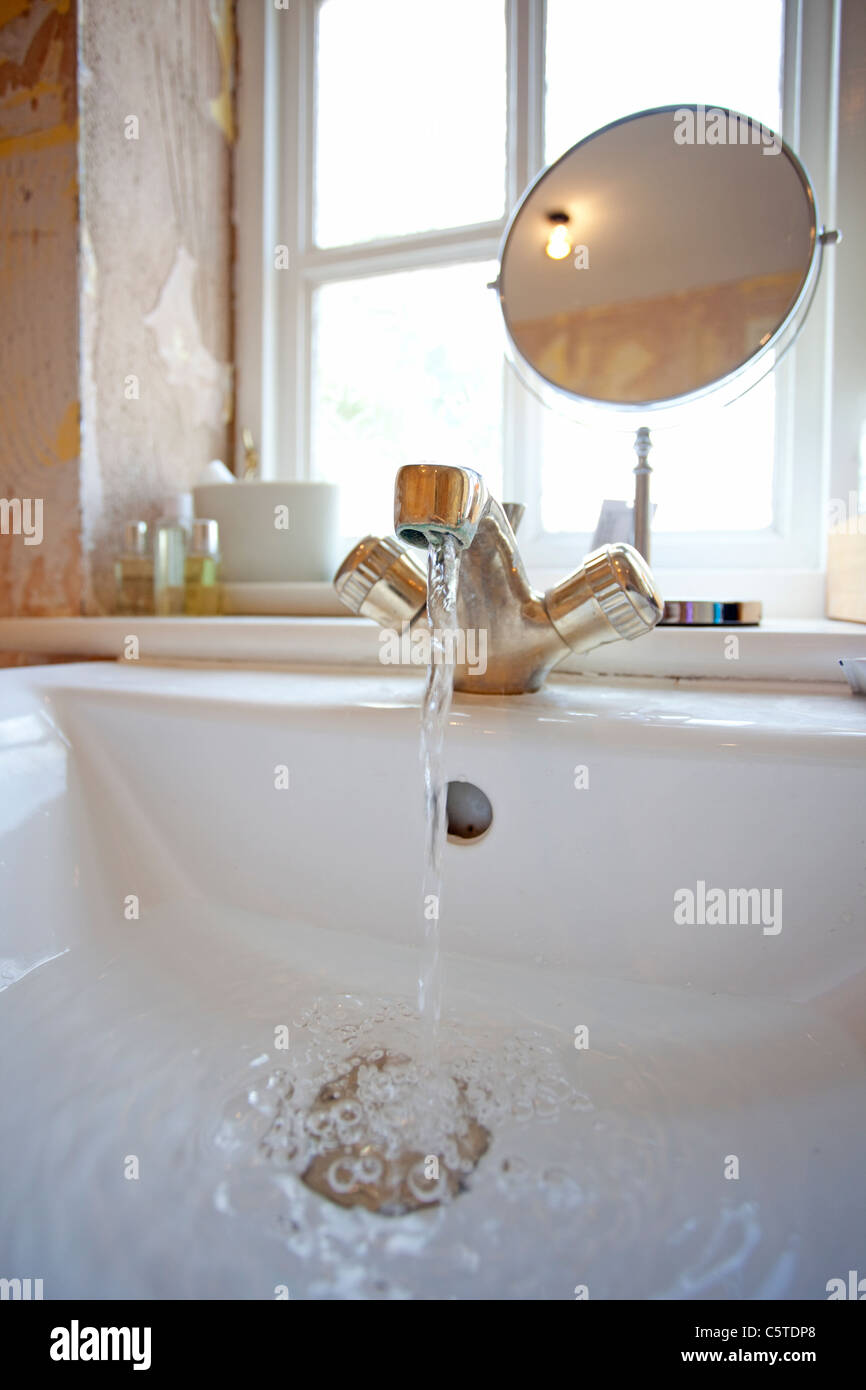

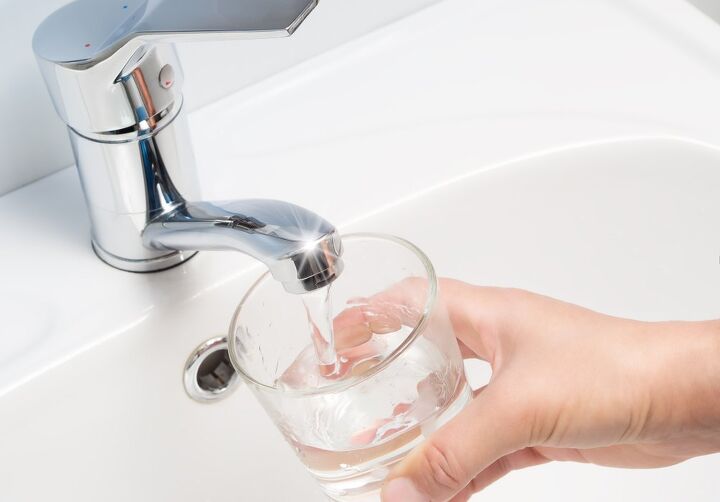



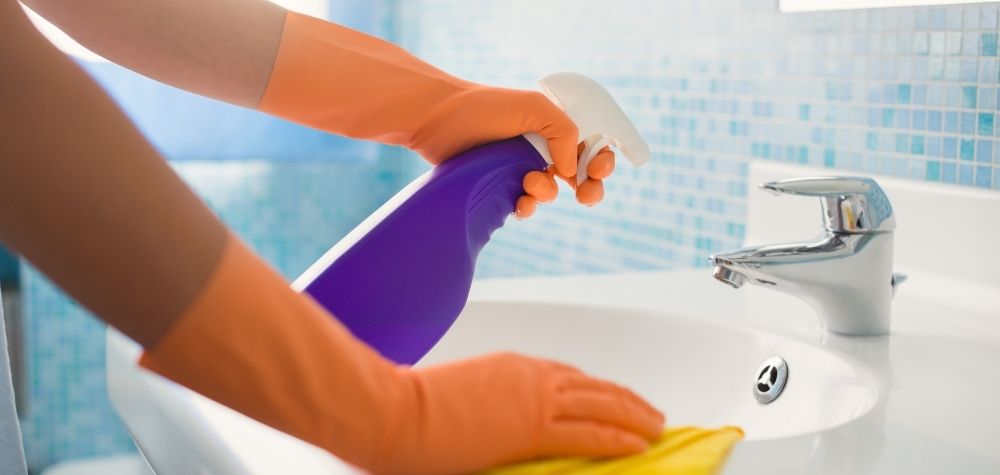

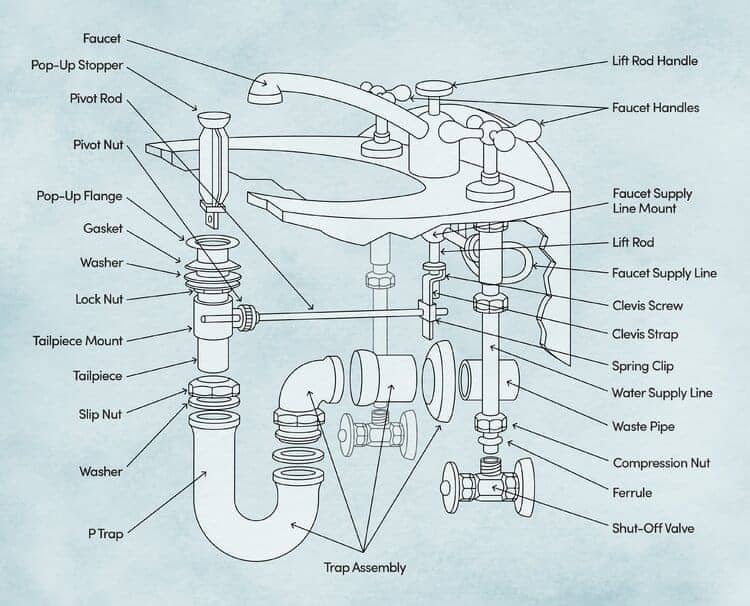
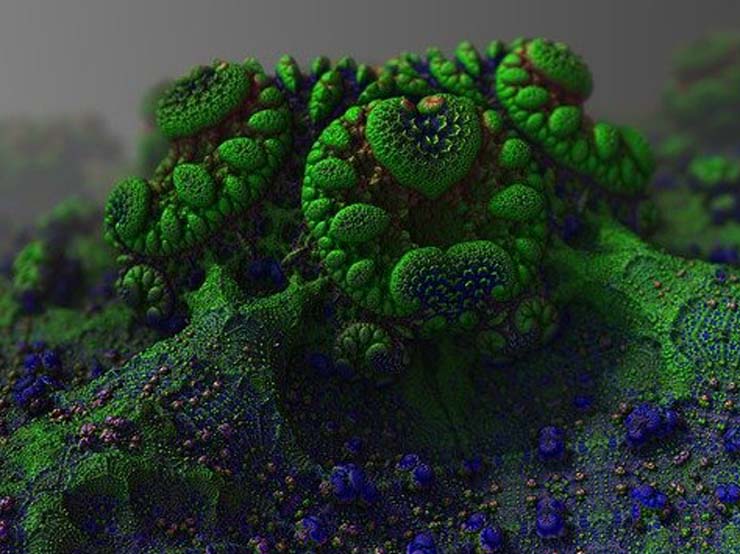

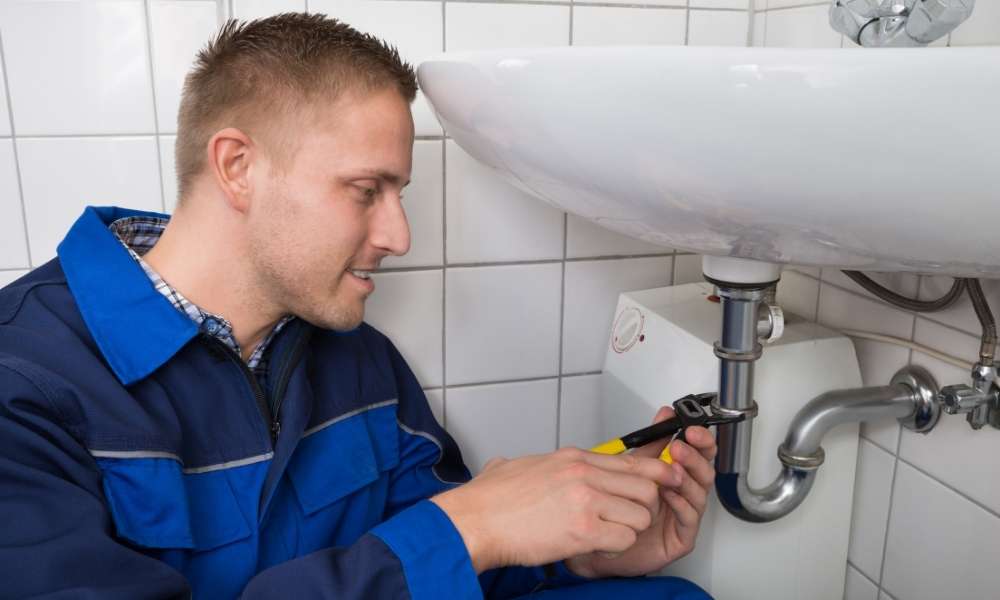


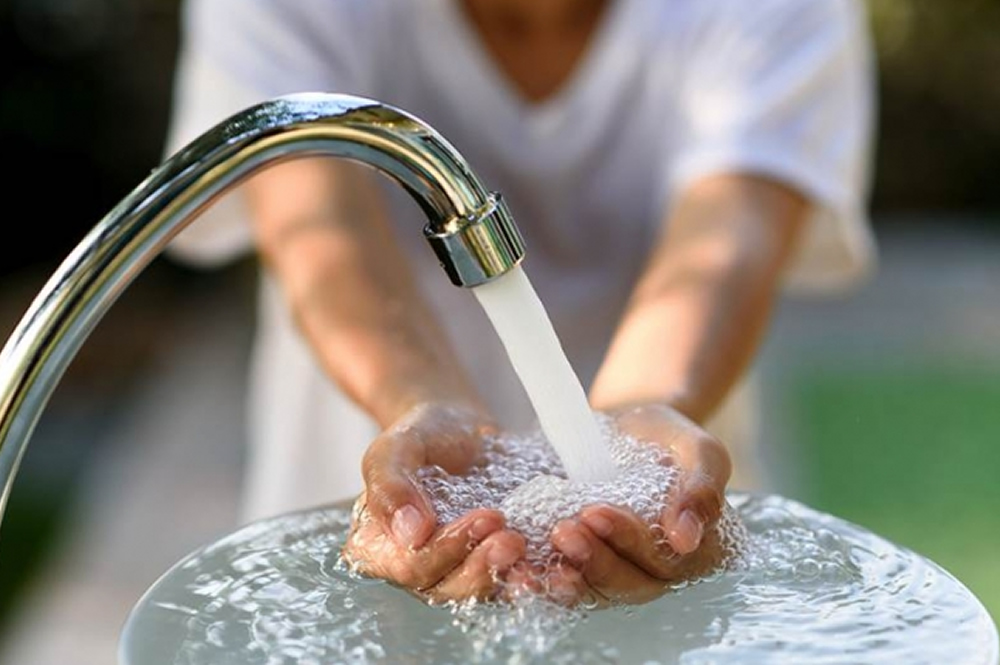









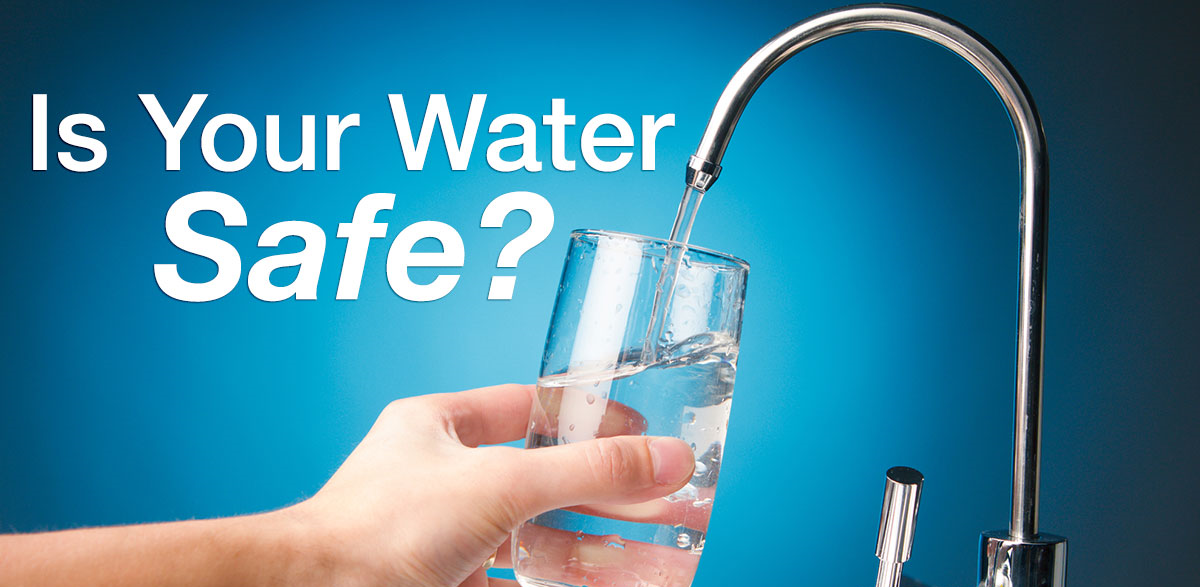
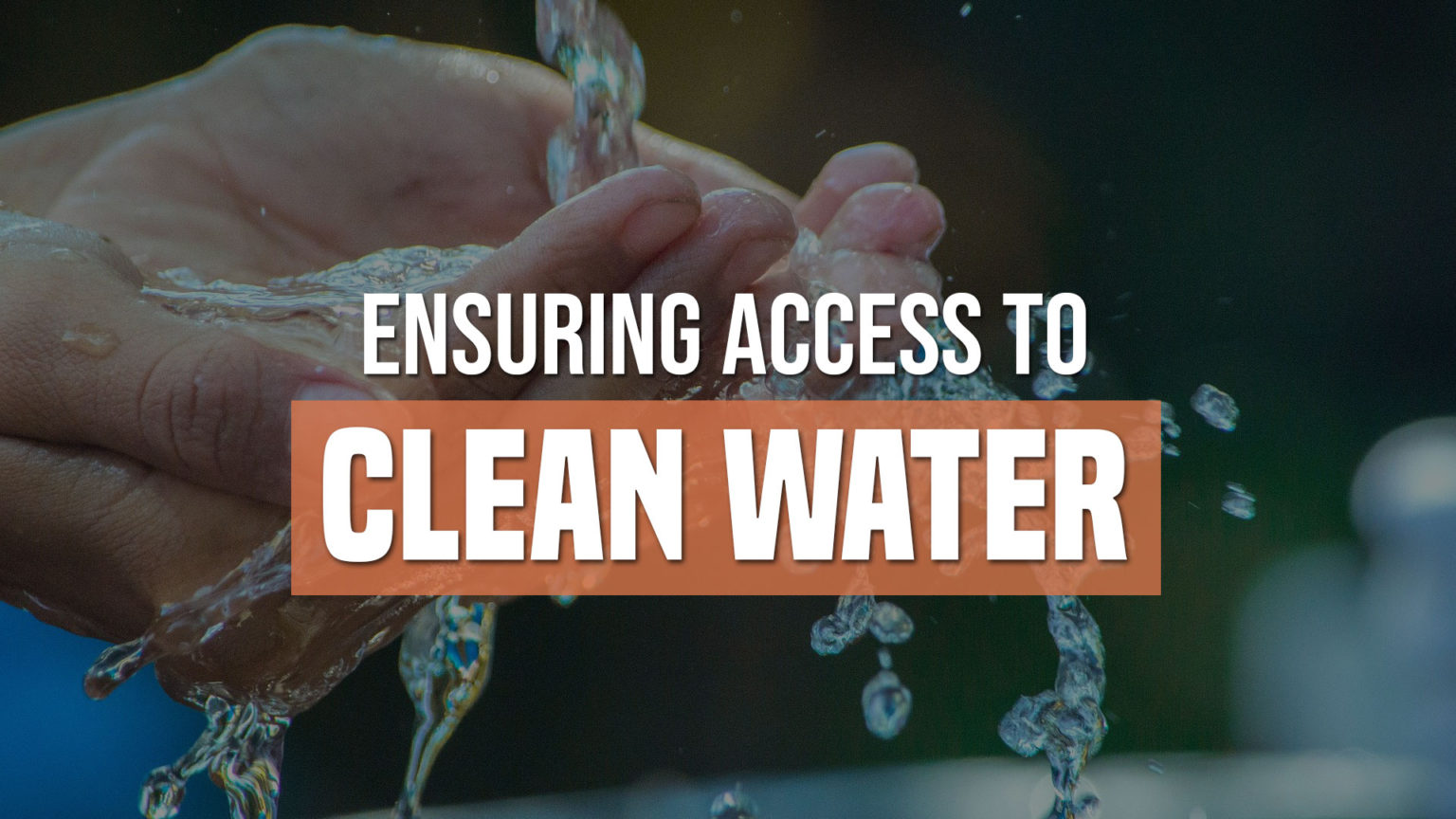





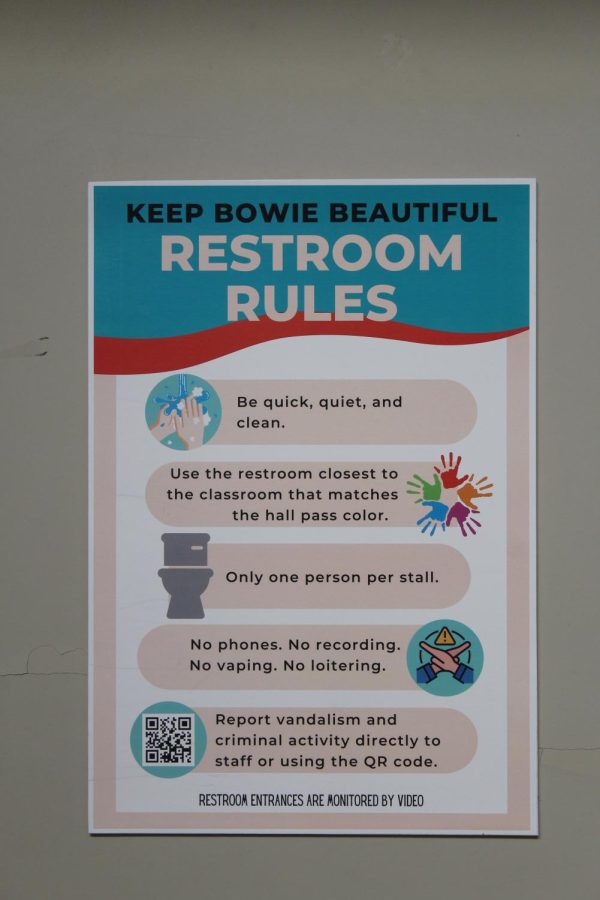
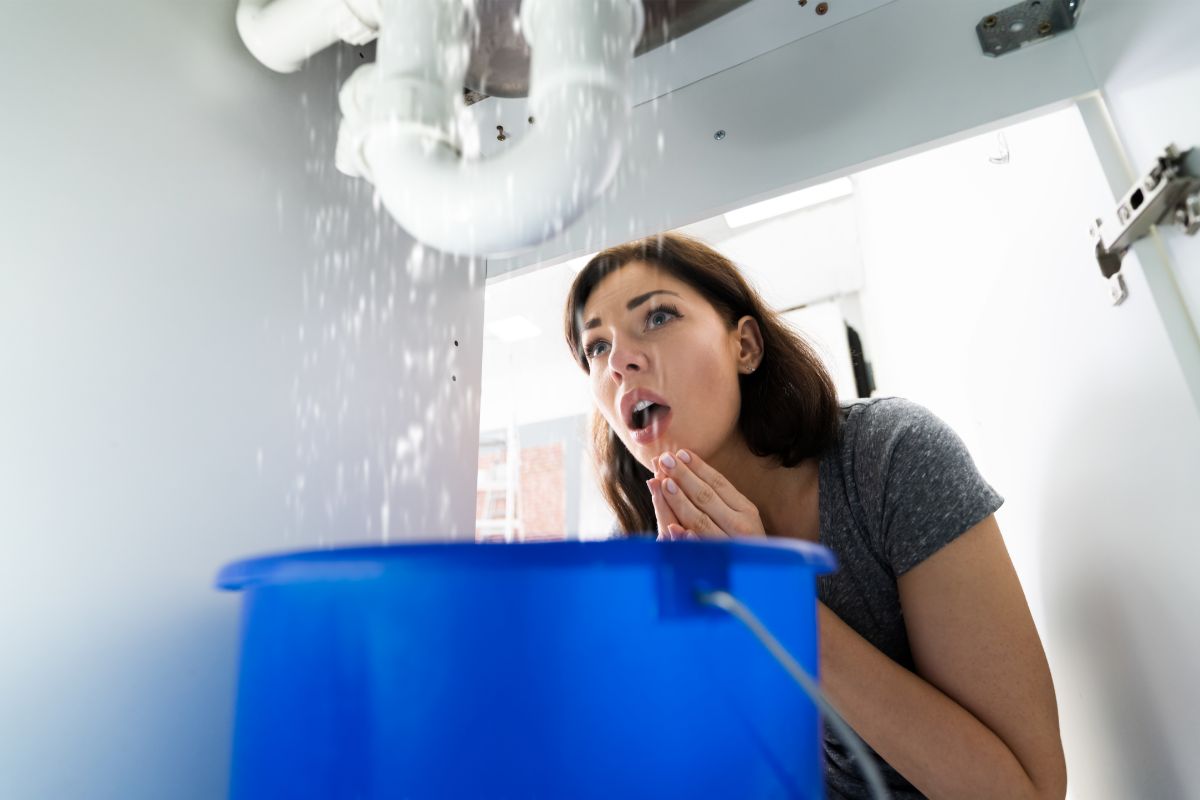

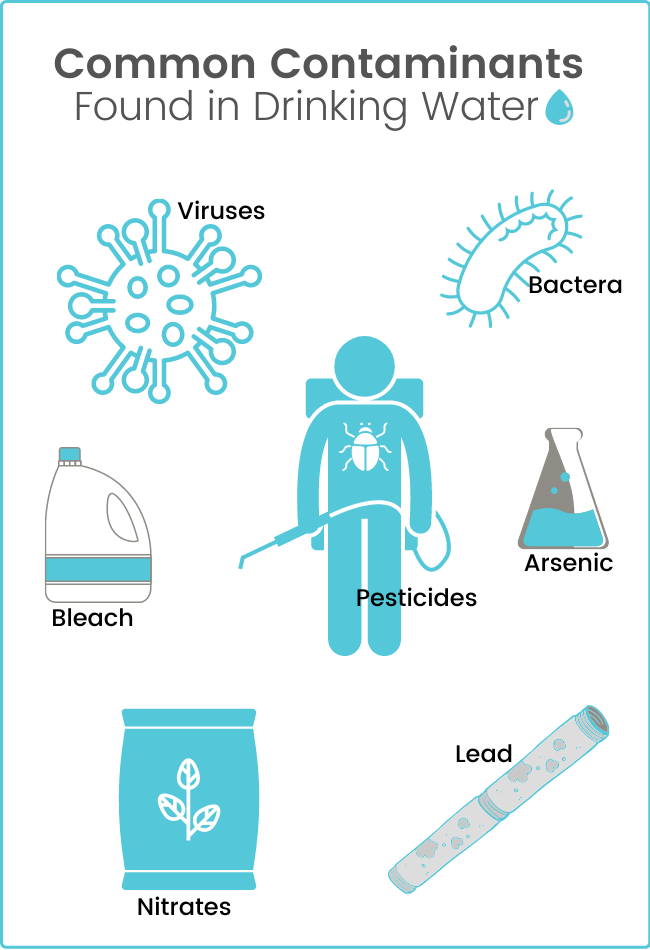


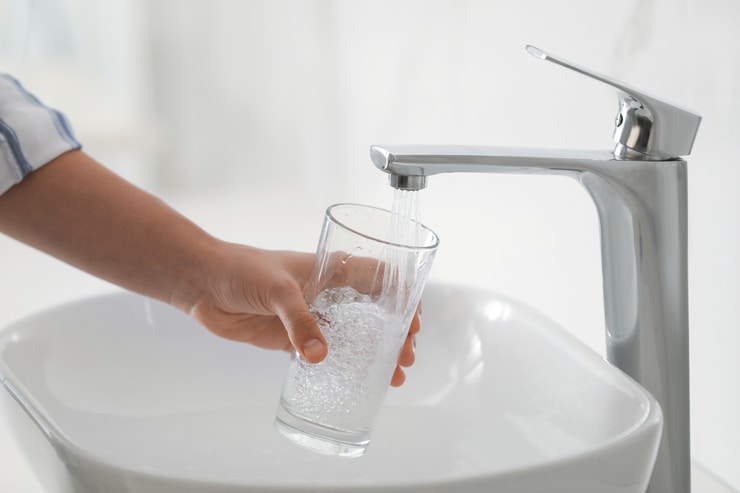
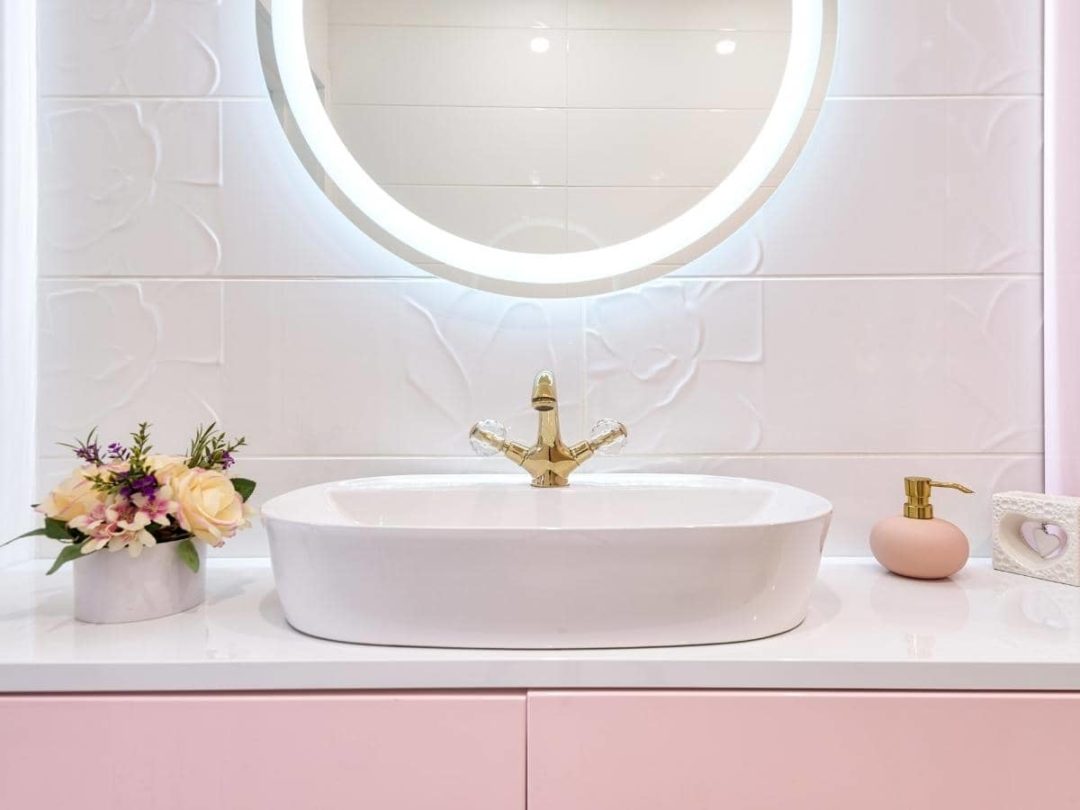



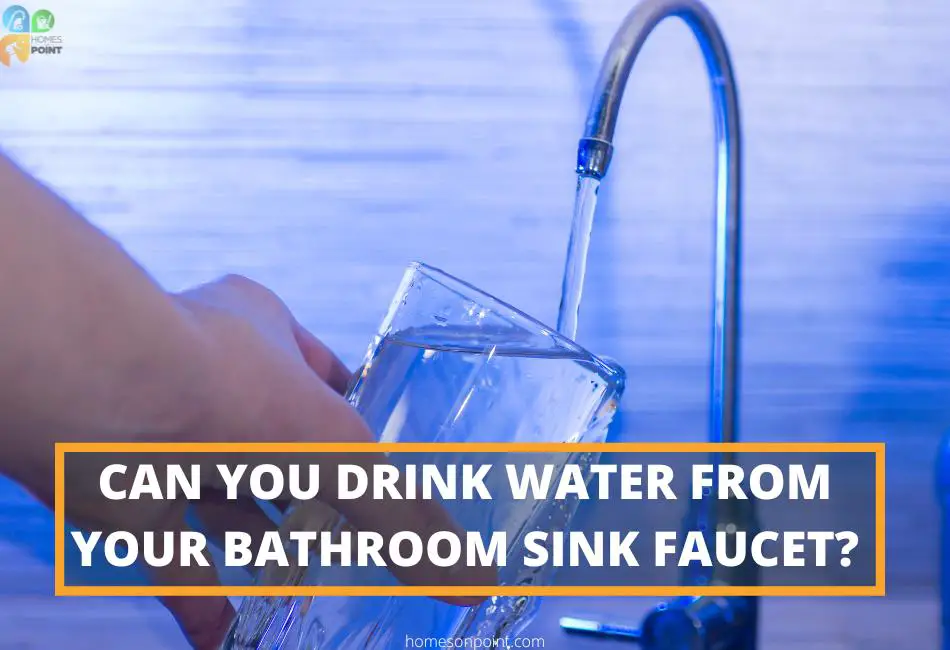


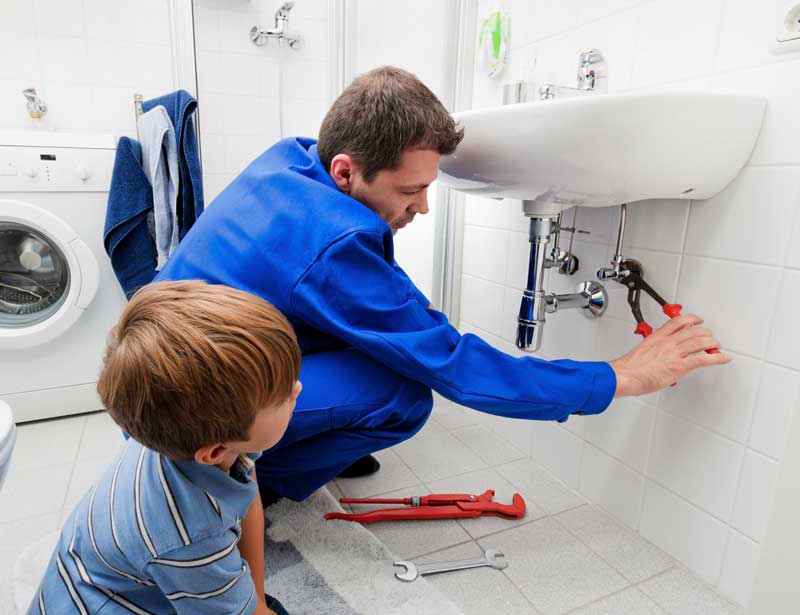

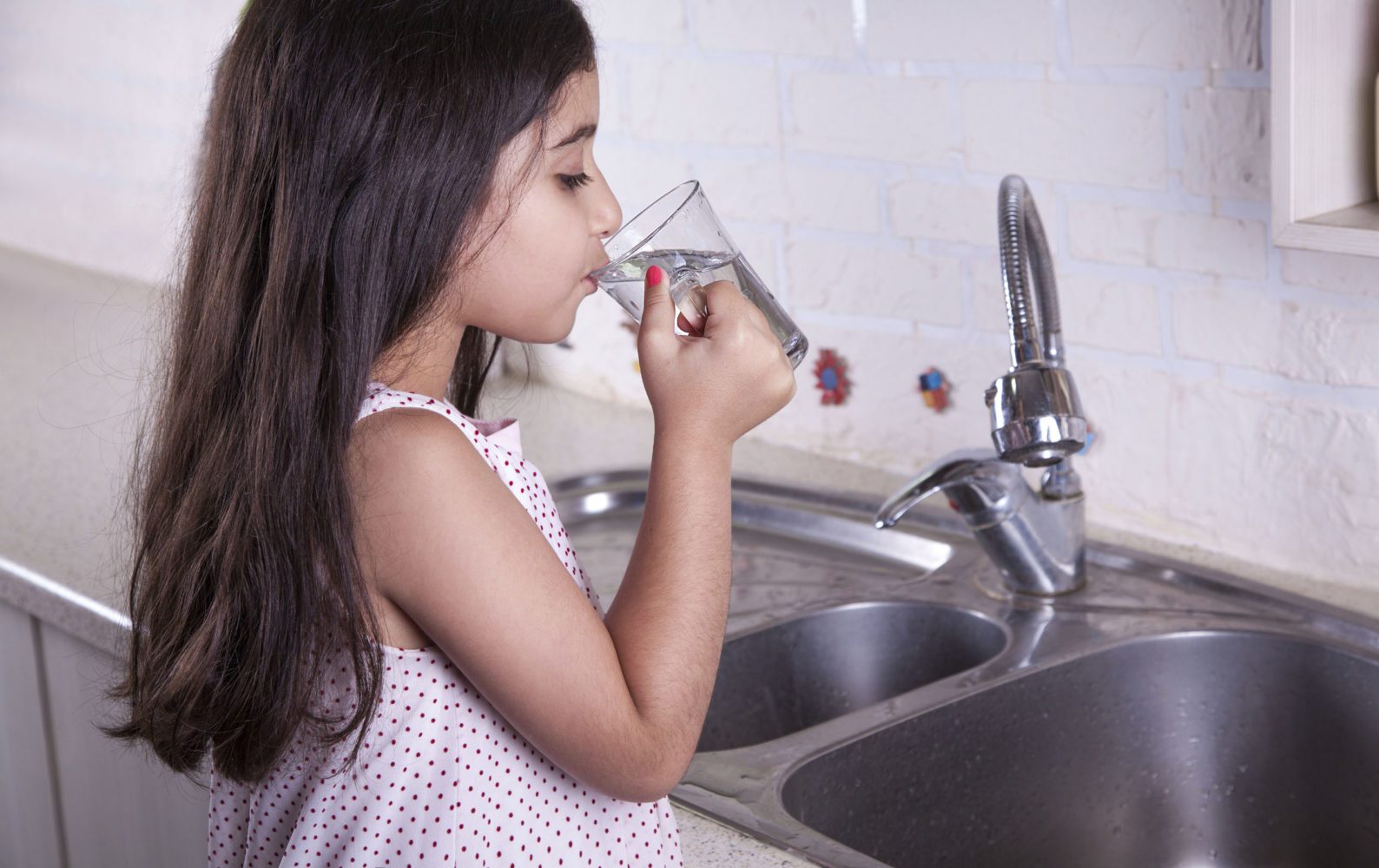
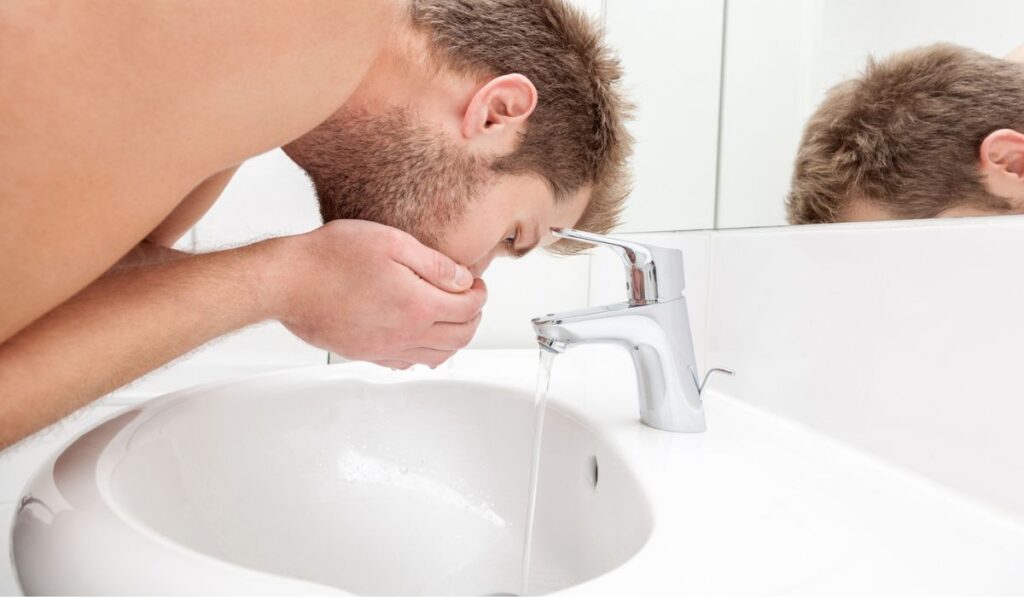




/cdn.vox-cdn.com/uploads/chorus_image/image/63721419/GUEST_986e7fc5_d3b6_440f_a550_40dd31e27b0c.7.jpeg)

